From the strange to the surprisingly specific, these cool names for things you use every day will expand your vocabulary and your knowledge

18 Words for Things You Never Knew Had a Name


Aglet
The plastic covering on the end of a shoelace is an aglet. They make it easy for laces to weave through your shoes without unraveling. In ancient Rome, wealthy people made their aglets out of metal, not the plastic of today.
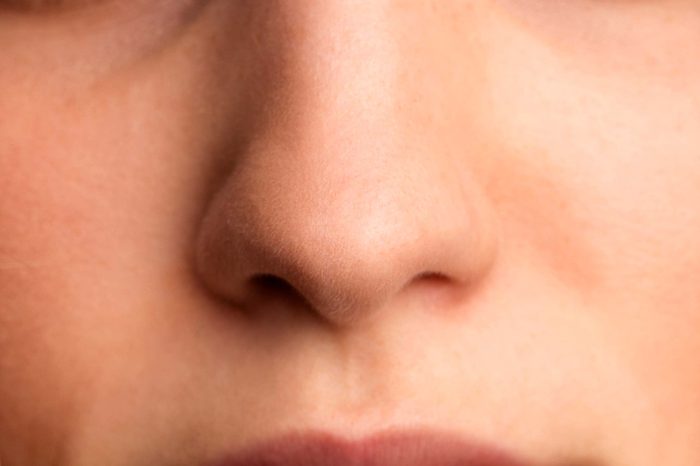
Columella
Your columella is the bottom part of your nose—the column that separates your nostrils. Some people have more of a hanging columella, a feature of the human body you’ve likely seen but never been able to name.
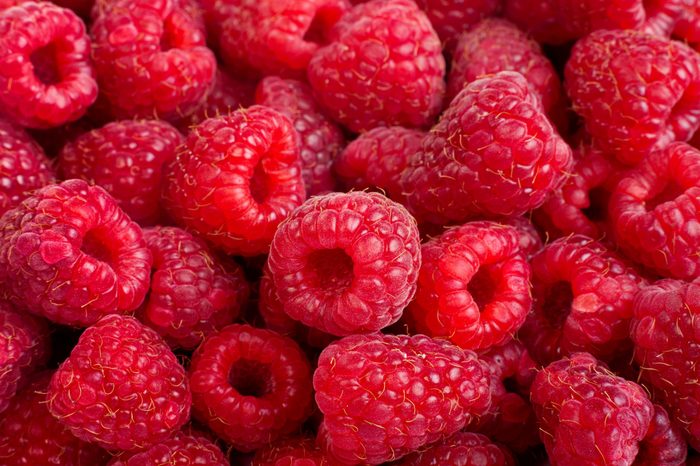
Drupelets
The bumps on raspberries and blackberries have their own name: drupelets. Raspberries and blueberries are what botanists call “aggregate fruits” because they’re made up of a bunch of small drupes—a fancy word for fruit that contains a single seed—bunched together..

Ferrule
A ferrule is a rig or cap of metal that strengthens or joins two things. One example of a ferrule is the metal band on the top of a pencil that holds an eraser in place. The word also refers to the cap at the end of a cane, the knob at the hub of an umbrella and the tube or pipe that fits together with a handle to a paintbrush. It may sound fake, but it’s real!

Purlicue
Purlicue refers to the space between the extended thumb and index finger. But it actually has more than one odd meaning. In Scottish, the word refers to a series of sermons, a flourish at the end of a pen stroke or the end of a discourse.

Pips
The English language has some pretty cool names for things you’d never imagine needed an official term. Take, for instance, the little bumps on the surface of a ping-pong paddle. Officially, they’re known as pips. Paddles could have long or short pips, depending on the type of table tennis. Short pips are the more common style.

Ullage
The empty space between the bottle top and the liquid is an ullage. Many containers purposefully leave this space to prevent the liquid—whether wine, beer, soda or something else—from leaking.
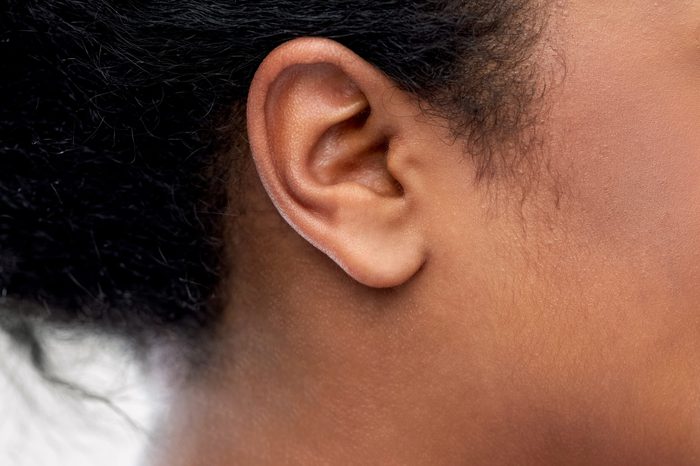
Tragus
Your tragus is just one of many body parts you probably didn’t know had a name. The tragus is the little lump of flesh in front of the ear canal. When you want to cover your ears from noise, it’s the little nub that you press down.
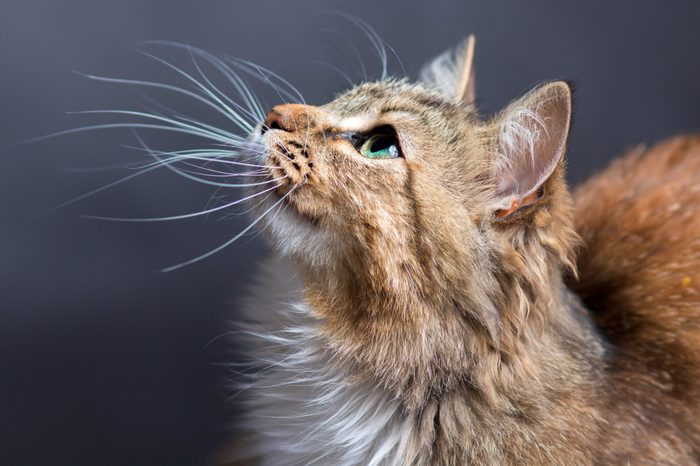
Vibrissae
Vibrissae is another word for a cat’s whiskers. When it was first introduced in the 17th century, the word referred to human nostril hairs, according to Merriam-Webster.
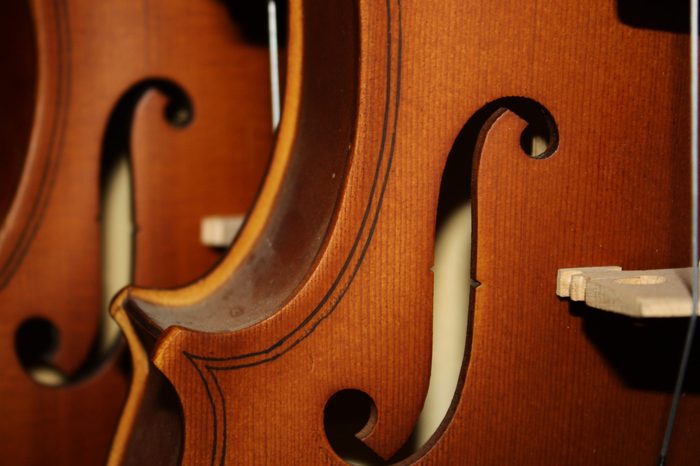
F-hole
The opening in a violin is an F-hole. The violin previously had half-moon, flame, S-shape and other designs before the standard F-hole.

Eggcorn
An eggcorn is a word or a phrase that is often mistakenly used in place of another. For example, a common eggcorn is the saying “for all intensive purposes,” an incorrect version of “for all intents and purposes.” It’s one of those phrases you might be using incorrectly without even realizing it.
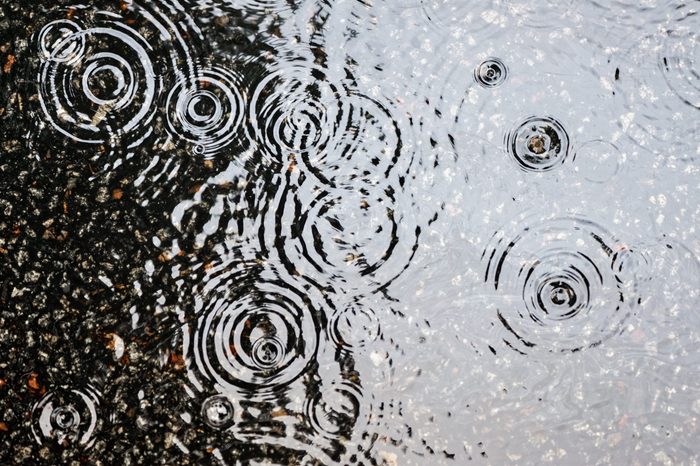
Petrichor
If you love the smell of fresh air after rain stops, you appreciate petrichor. This pleasant smell is thanks to a mix of bacteria, plants and lightning.

Glabella
The glabella is the flat span of skin between the eyebrows.

Dysania
The feeling you have where you can’t get out of bed has a name: dysania. Although it’s not an official condition, the behavior isn’t just feeling sleepier than usual. It’s often seen in people suffering from depression.

Griffonage
If you’ve ever gotten a paper prescription from a doctor, you’re in on one of the longest-running jokes about doctors: They have truly awful handwriting. And their scrawl has a name: griffonage. The French word means careless or illegible handwriting.

Zugzwang
There are plenty of cool names for things in the chess world. You’ve no doubt heard of checkmate and pawn, two words that have meanings outside the game too. But while the concept of zugzwang is likely familiar, the word probably is not. Zugzwang refers to a chess game strategy where a player is forced to make a move that they don’t want to make. And who can’t relate to doing something they really don’t want to do?
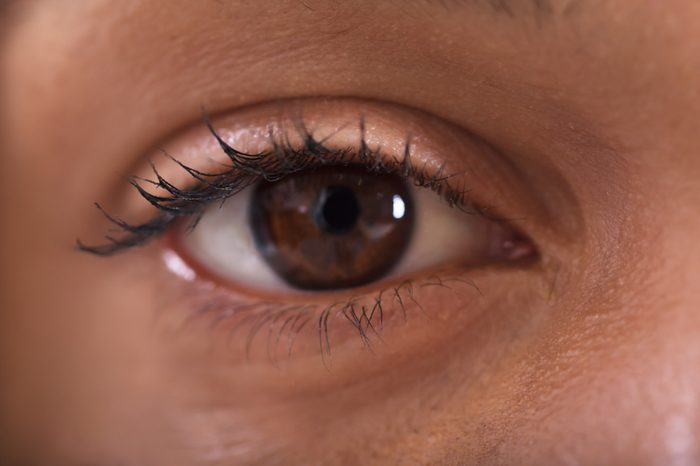
Caruncle
If you ever get sand in your eye, it likely forms in the caruncle—the small, pink inner corner of the eye. It’s one of the parts of the body that gets very little credit.

An unkindness
Some words sound like they mean one thing but actually mean something entirely different. An unkindness is one of them. Yes, it refers to something cruel—you know that. But there’s another meaning: A group of ravens is actually called an unkindness. The phrase stems from the fact that ravens have higher stress levels when they travel in a pack.
Why trust us
At Reader’s Digest, we’re committed to producing high-quality content by writers with expertise and experience in their field in consultation with relevant, qualified experts. We rely on reputable primary sources, including government and professional organizations and academic institutions as well as our writers’ personal experiences where appropriate. We verify all facts and data, back them with credible sourcing and revisit them over time to ensure they remain accurate and up to date. Read more about our team, our contributors and our editorial policies.
Sources:
- Wonderpolis: “What is an Aglet?”
- Britannica: “Drupe”
- Merriam-Webster: “Ferrule”
- Collins Dictionary: “Perlicue“
- The Physics of Table Tennis: “Ping Pong Paddles”
- Merriam-Webster: “Tragus”
- Yamaha: “The f-hole used to be a C-hole or S-hole”
- Merriam-Webster: “Eggcorn”
- BBC: “Petrichor: Why does rain smell so good?”
- Merriam-Webster: “Glabella”
- BBC: “Can’t get out of bed? You might have Dysania”
- Merriam-Webster: Griffonage”
- Merriam-Webster: “Zugzwang”
- Ken Hub: “Lacrimal Caruncle”
- Live Science: “Pulling Out Feathers: Group Living Stresses Ravens”




















